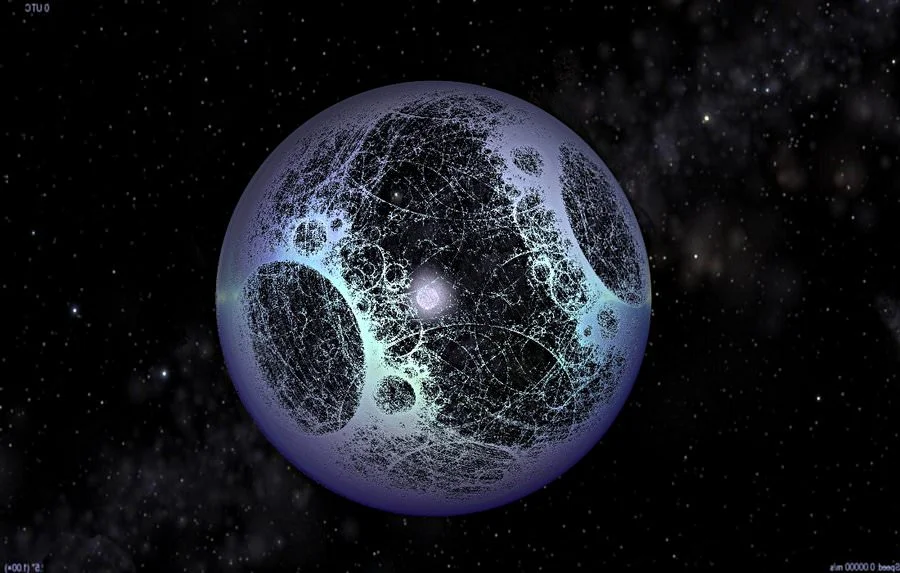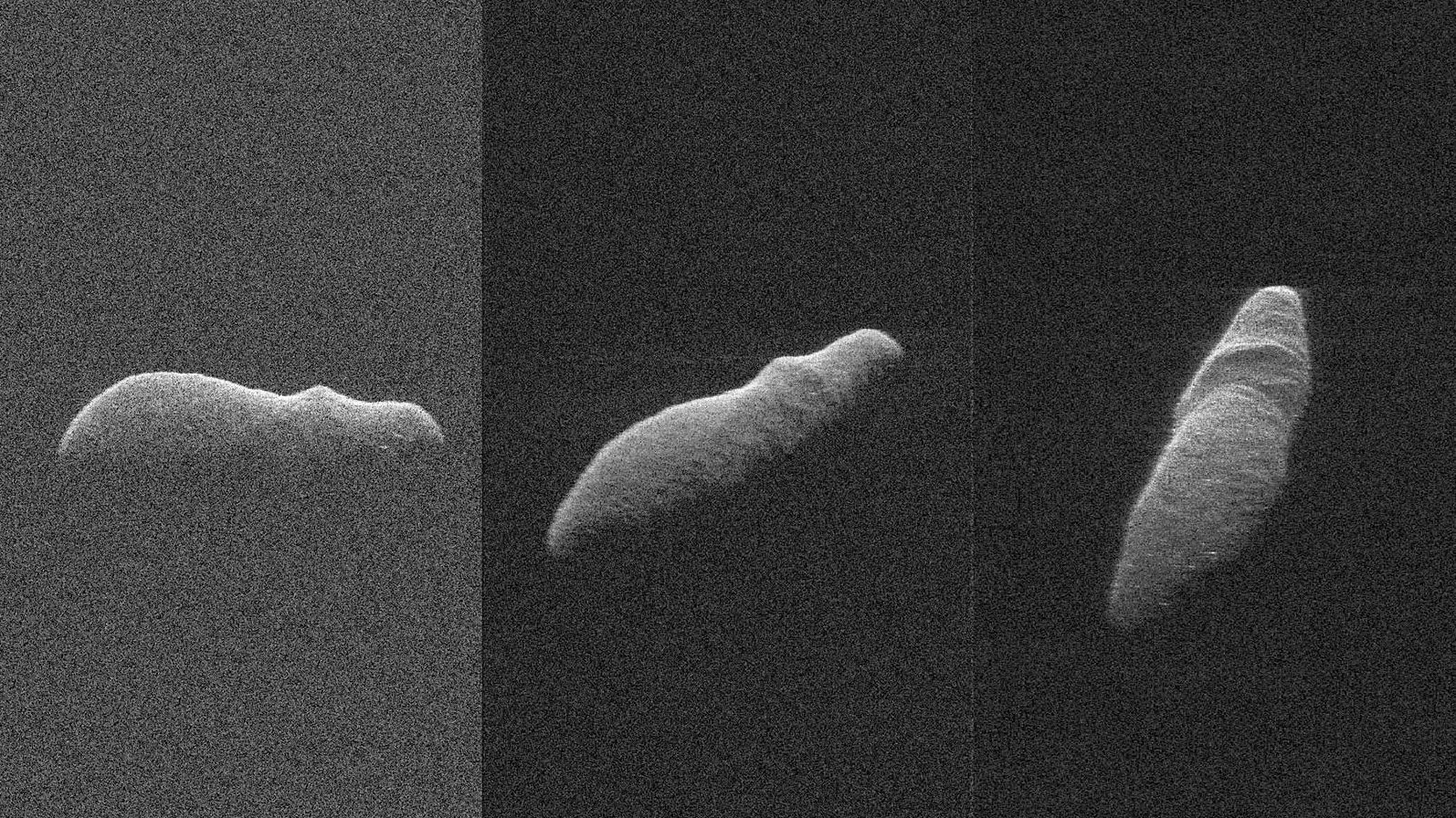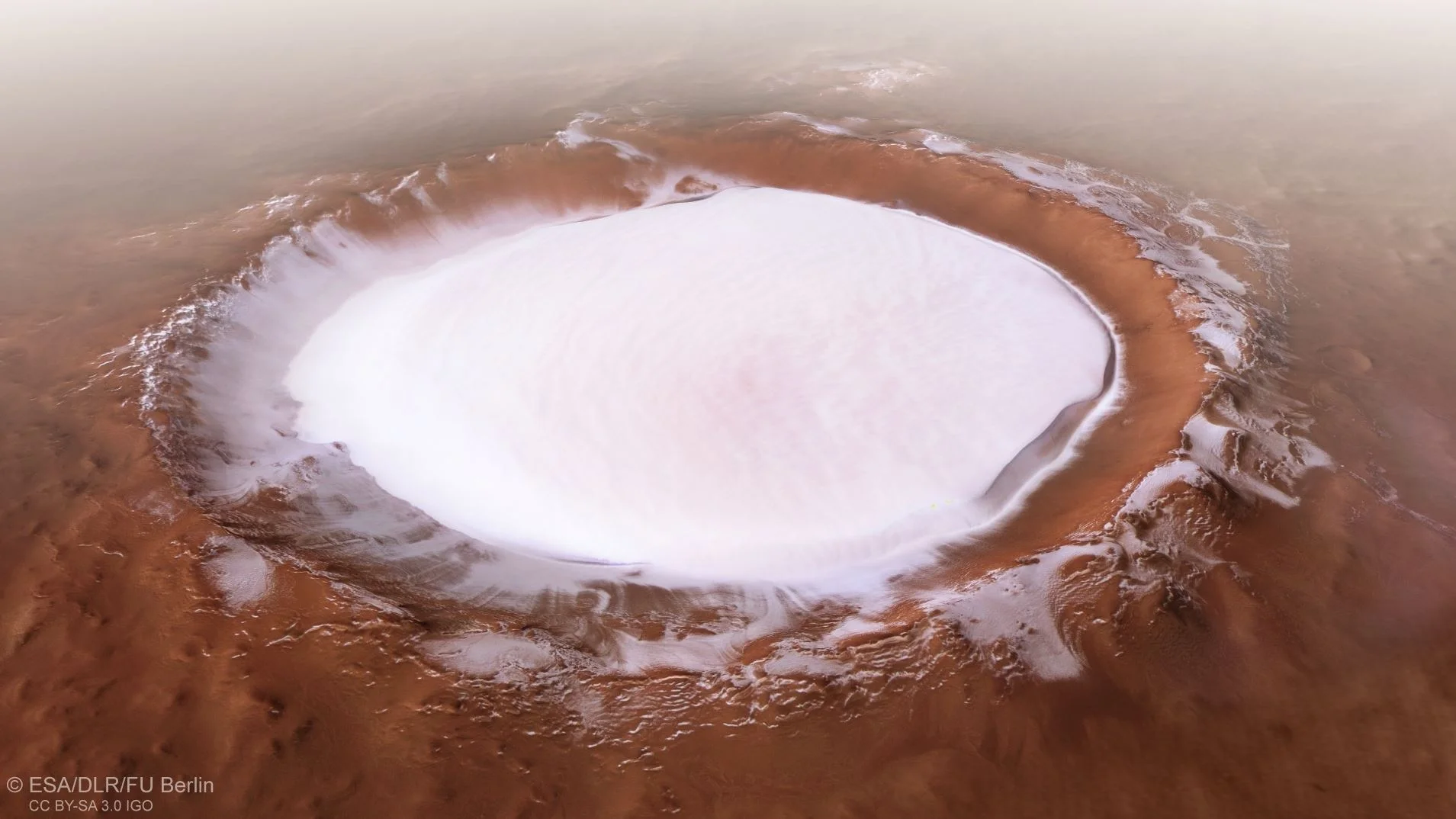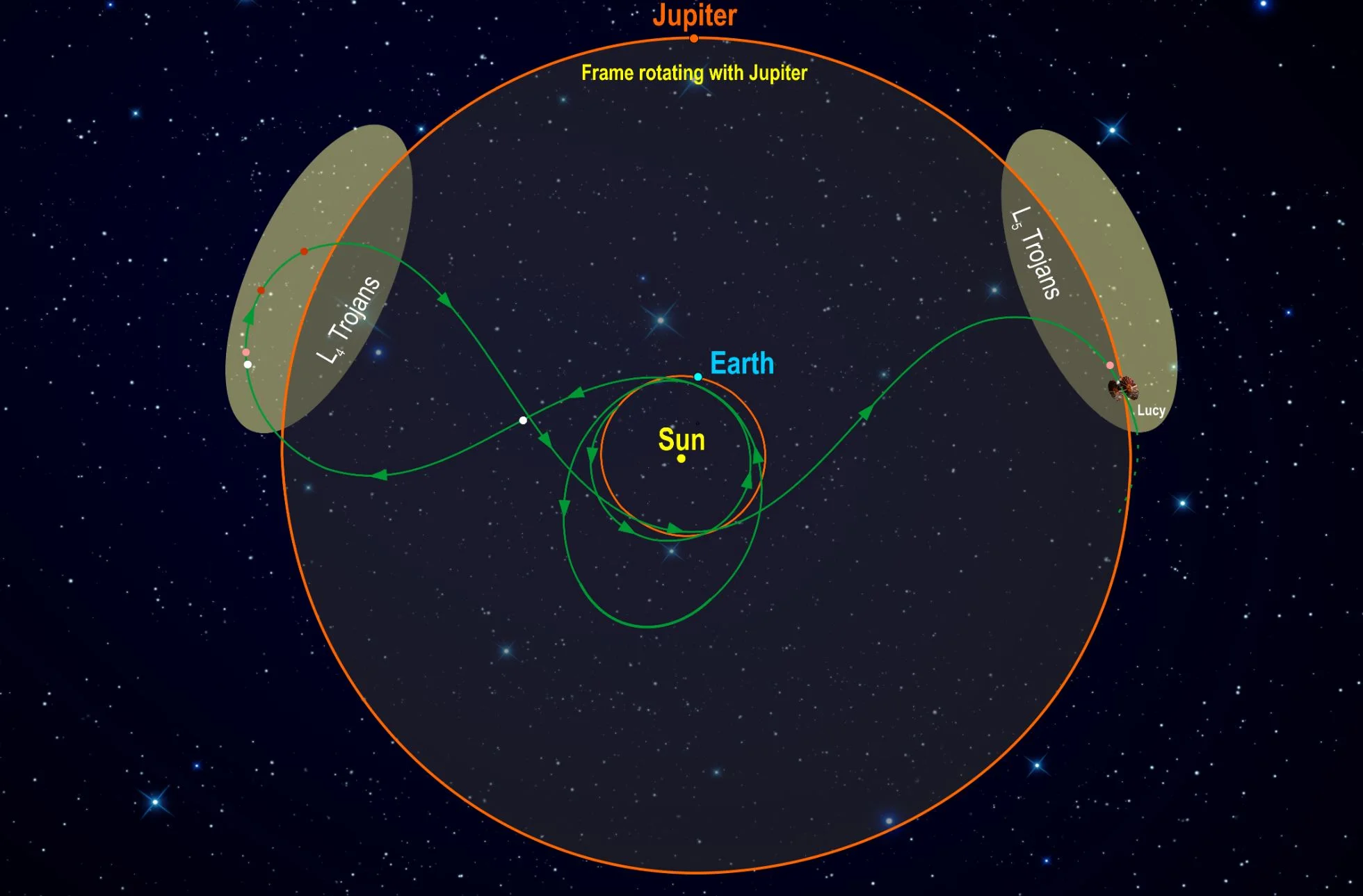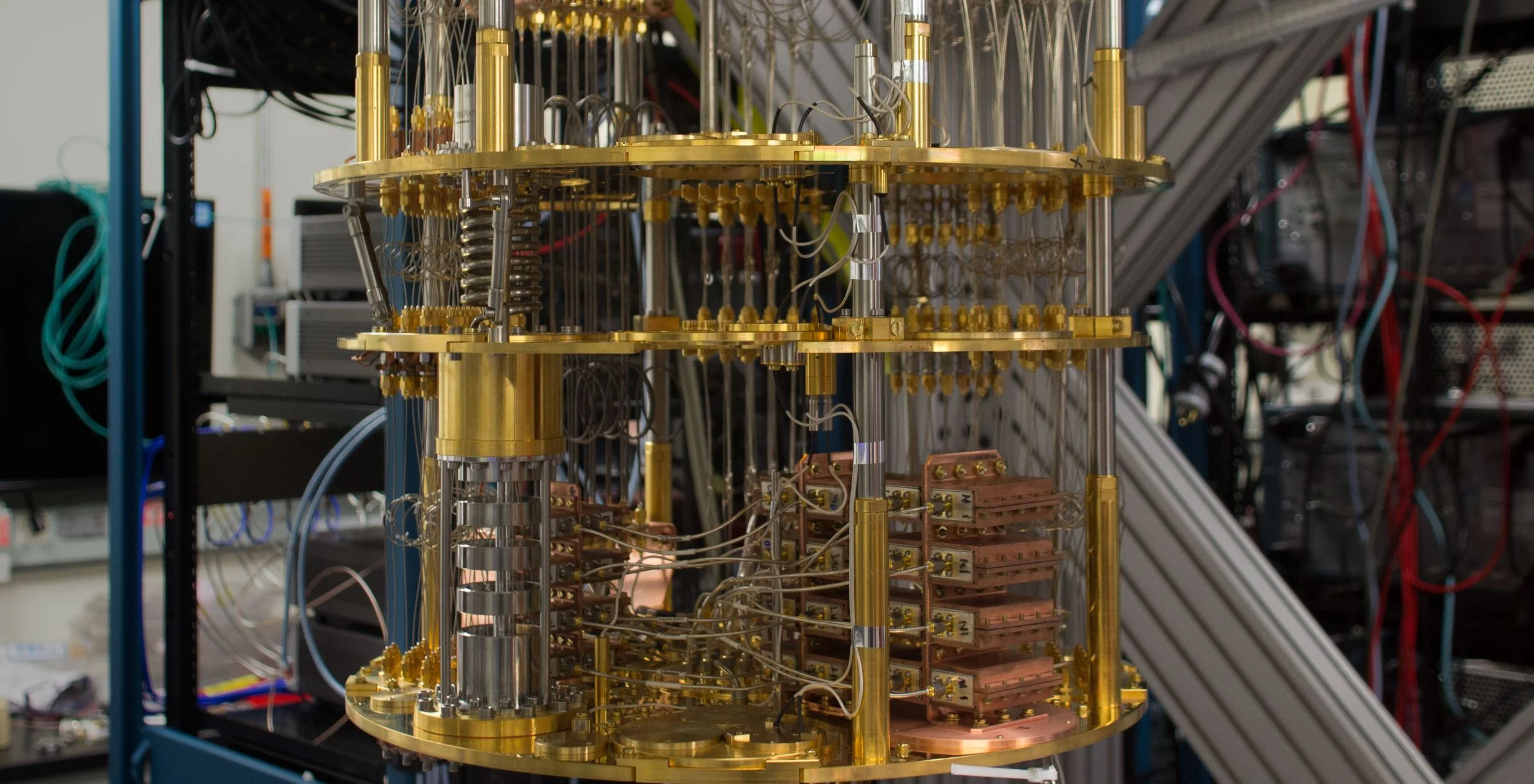One of the most notable features of the modern space age is the way that new participants are entering the fray. In addition to the traditional contenders – NASA and Roscosmos – China has become a major player in space in recent decades. And in 2022, according tor recent statements, India will join the club too when it becomes the fourth nation to send a crewed mission to space.
What is ‘green’ dry cleaning? A toxics expert explains
The winter holidays are a busy time for many businesses, including retail stores, grocers, liquor stores – and dry cleaners. People pull out special-occasion clothes made of silk, satin or other fabrics that don’t launder well in soap and water. Then there are all those specialty items, from stained tablecloths to ugly holiday sweaters.
NASA’s Technosignatures Report is Out. Every Way to Find Evidence of an Intelligent Civilization
In 1961, famed astronomer Frank Drake created a formula for estimating the number of extra-terrestrial intelligences (ETIs) that could exist within our galaxy. Known as the “Drake Equation“, this formula demonstrated that even by the most conservative estimates, our galaxy was likely to host at least a few advanced civilizations at any given time. About a decade later, NASA officially kicked of its search for extra-terrestrial intelligence (SETI) program.
Why you like coffee, and I choose tea – it’s in the genes
Russian Cosmonaut says that the Hole in the ISS was Drilled From the Inside
Back in August, the crew of the International Space Station (ISS) was surprised to learn that a leak was responsible for a slight loss in air pressure aboard the station. After investigating, they learned that the cause was a small hole in the Russian Soyuz spacecraft that had docked with the ISS. While the hole was promptly sealed, the cause of it has remained a mystery ever since.
Something Twice the Size of Earth Slammed into Uranus and Knocked it Over on its Side
When you look up, how far back in time do you see?
A neuroscientist’s tips for a new year tuneup for your brain
Unlike the effervescent bubbles that stream to the top of champagne flutes on New Year’s Eve, what I call brain bubbles are far from celebratory. These bubbles are metaphorical rather than physical, and they distort the stream of reality processed by our brains. Like a real estate bubble that reflects an inflated perception of home values, a brain bubble twists your perception of the world around you. And when either of these bubbles bursts, the results can be devastating.
Improved crops can double agricultural production, providing future generation with food and resources
Wageningen University & Research is working on a road-map to future-proof crops as part of EU-project CropBooster-P. Future crop yields will increase with optimal use of water and minerals. In addition to that nutritional value and crop quality are high on the list of targets. To feed a future population of 10 billion people and alleviate climate change these new crops need to eventually double the total world wilde food production. The great news that has been scientifically proven to be possible.
What if consciousness is just a product of our non-conscious brain?
As the very word used to describe it has been “worn smooth by a million tongues”, consciousness is a fertile topic for confusion. We all know what it is to be conscious. It is, basically, being aware of and responding to the world. Similarly, we all possess a common sense notion of how consciousness works.
Holiday Asteroid Imaged with NASA Radar
ESO to Host Cherenkov Telescope Array-South at Paranal
ESO’s Director General and the Managing Director of the Cherenkov Telescope Array (CTA) Observatory have signed the agreement needed for CTA’s southern hemisphere array to be hosted near ESO’s Paranal Observatory in Chile. In addition, the Chilean Government and ESO have signed the agreement enabling ESO to host this new telescope within ESO’s Paranal Observatory site. This will allow the world's most ambitious gamma-ray observatory to access not only Chile’s pristine observing conditions, but also ESO’s state-of-the-art infrastructure, expertise, and facilities. ESO will operate the facility on behalf of the CTA Observatory and its Members.
This Crater on Mars Traps the Cold, and Remains Filled With Ice, All Year Round
On June 2nd, 2003, the European Space Agency’s Mars Express mission left Earth to begin its journey to Mars. Six months later (on December 25th) the spacecraft fired its main engine and entered orbit around Mars. This Christmas will therefore mark the fifteenth anniversary of the orbiter’s arrival and all the observations it has made of the Red Planet since then.
Lucy Finds Its Place in the Solar System: Navigating NASA’s First Mission to the Trojan Asteroids
Earthrise, a photo that changed the world
December 24 is the 50th anniversary of Earthrise, arguably one of the most profound images in the history of human culture. When astronaut William Anders photographed a fragile blue sphere set in dark space peeking over the Moon, it changed our perception of our place in space and fueled environmental awareness around the world.
Faint Glow Within Galaxy Clusters Illuminates Dark Matter
Air pollution may be making us less intelligent
Not only is air pollution bad for our lungs and heart, it turns out it could actually be making us less intelligent, too. A recent study found that in elderly people living in China, long-term exposure to air pollution may hinder cognitive performance (things like our ability to pay attention, to recall past knowledge and generate new information) in verbal and maths tests. As people age, the link between air pollution and their mental decline becomes stronger. The study also found men and less educated people were especially at risk, though the reason why is currently unknown.
Morning lark or night owl? How our body clocks affect our mental and physical performance
Whether you’re a morning person or love burning the midnight oil, we’re all controlled by so-called “body clocks.” These body clocks (which regulate your circadian rhythms) are inside almost every cell in the body and control when we feel awake and tired during a 24-hour period. But as it turns out, our latest study found that our body clocks have a much bigger impact on us than we previously realized. In fact, our body clocks actually effect how well a person performs on both mental and physical tasks.



